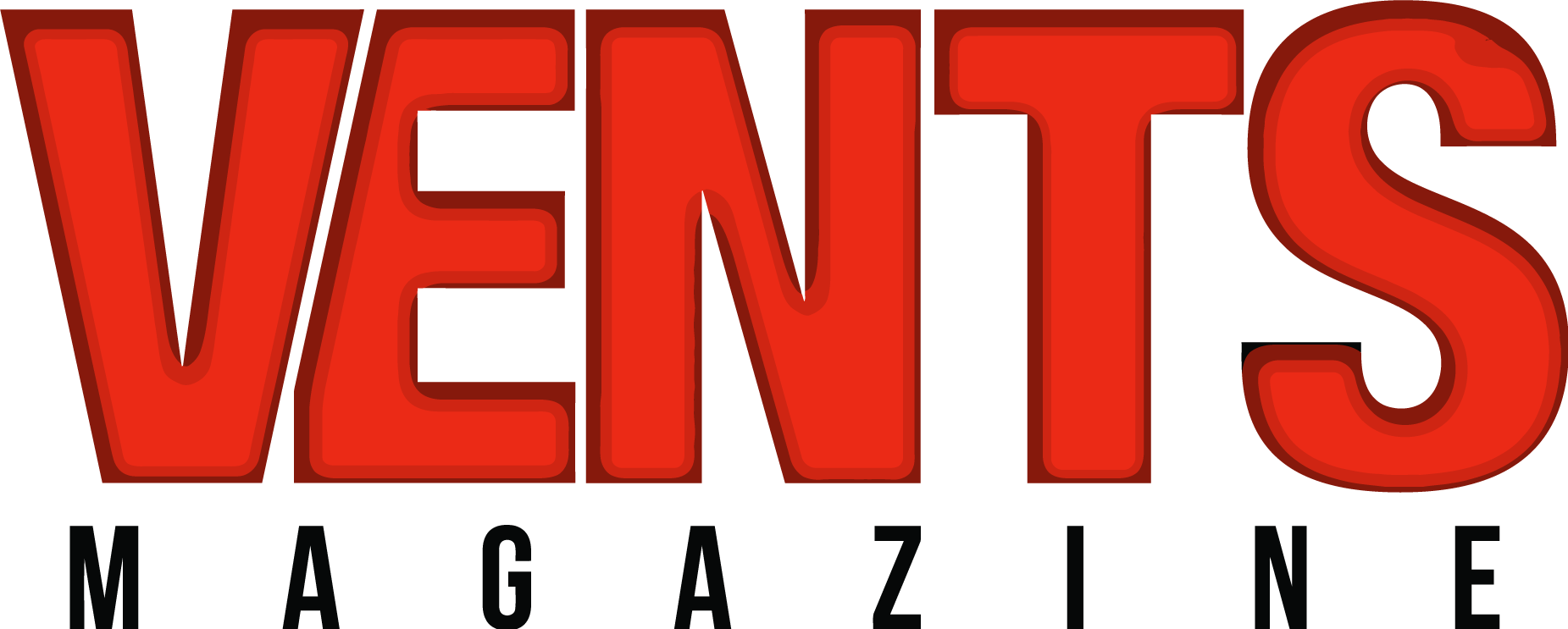
The lure is powerful: “Complete the course, and we guarantee you a job, or your money back.” With work markets shifting and uncertainty rising, these offers can feel like a lifeline for anyone eyeing a career change. But how reliable are they?
Let’s go through the evidence, course dynamics, job-market realities, and where Fortray’s guaranteed it job after training model offers a more trusted approach.
1. The Logic Behind Job-Guarantee Programs
Graduates of such programs often highlight several perks:
- Short transition timelines, Programs can span from a few weeks to several months, offering rapid entry into new fields. Many even include internships or placements to boost job readiness.
- Alignment with skills-based hiring trends, in-demand abilities like Python or cloud management now often hold more value than academic credentials. According to a study of UK job markets, AI skills carry a 23% wage premium, while university degree requirements for these roles dropped 15% between 2018 and 2023.
- Built-in support systems, top Career Change Programs may offer CV workshops, GitHub portfolios, mock interviews, and pair programming to boost employability.
2. The Hard Truth: Guarantees Often Come with Caveats
However, not all offers are as solid as they seem. Research and learner communities (e.g., Reddit) reveal several critical insights:
- Most UK bootcamps don’t include a true job guarantee, support structures are common, but legally binding guarantees are rare.
- Refund fine-print is often murky, some institutions frame it as “guaranteed job or money back,” but may exclude students who don’t meet effort metrics or other conditions.
- Course quality varies dramatically, some are criticised for using low-quality material, lacking external accreditation, or being little more than paid self-study.
- Job-market saturation and reality check, even graduates from funded programs report difficulty securing jobs: one said they “completely lost all motivation” after months of job searching.
- Success largely falls on the learner, you may get support, but if you don’t practice, network, or build a portfolio, results remain unlikely.
3. What You Should Look For in Job-Guarantee Offers
If you’re considering such programs, here are key evaluation points:
Factor
Why It Matters
Transparent placement metrics
Ensure they share verified job placement rates, not vague “100%” claims.
Clear refund terms
Know what qualifies for a refund and under exactly what circumstances.
Skills and support match your goals
Focus not just on promises, but on curriculum, mentorship, and task alignment.
Active engagement expected
Recognise that your effort, beyond the course, is a consistent predictor of success.
Realistic timelines and job prep
Programs that include portfolio building, interview training, and networking usually deliver better outcomes.
4. Fortray’s Approach – Trust and Transparency
Here’s how Fortray’s Career Change Programs stand apart:
- Honest, action-focused credentials
We outline typical timelines and realistic salary ranges clearly rooted in employer needs and market data. - Skill-first design, not hype
Our programs, such as DevOps, cloud engineering, and cybersecurity, are built for practical skill-building, not flashy promises. - Support without strings
There’s no mystery in exiting the program. Job-ready training, real assignments, and mentorship are continuously available, not contingent on a job outcome. - Empowered, not sheltered
While we provide tailored guidance, we emphasise self-driven growth, reflecting industry realities and long-term career sustainability.
5. Final Thoughts: Is a Job-Guarantee Course Truly the Safest Path?
Not always. They offer structure and short-term focus, but true success depends on your commitment, critical evaluation of course claims, and market alignment.
- Promises of guaranteed jobs often rely on fine-print and assumptions.
- Real outcomes emerge from genuine skill development, networking, and sustainable learning.
Fortray doesn’t rely on guarantees. Instead, we back you with real-world curriculum, mentorship, and transparency, holding ourselves accountable, while empowering you to do the same.
